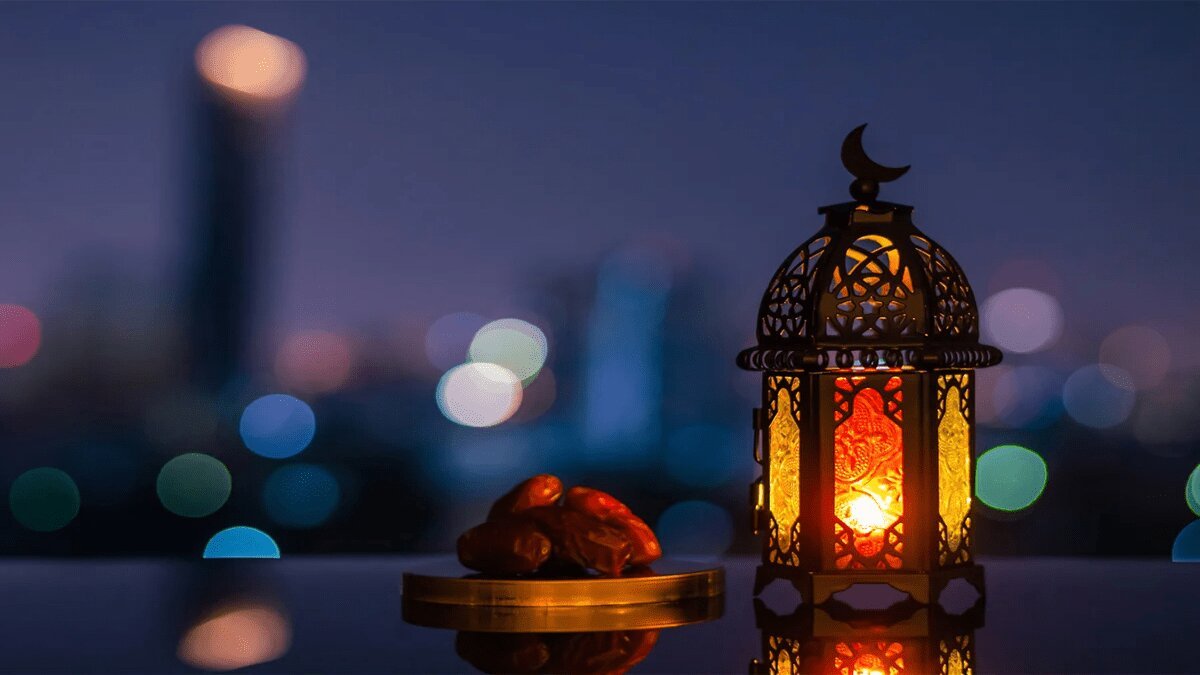Ramadan, the holiest month in the Islamic calendar, is a time of spiritual reflection, devotion, and fasting from dawn until sunset. For many Muslims observing the fast, managing thirst can be a significant challenge, particularly during the long hours without food or water. However, with careful attention to dietary choices and hydration strategies, it is possible to minimize thirst and maintain well-being throughout the month.
Here’s a guide on what to eat to stay hydrated and energized during Ramadan:
- Hydrating Fruits: Incorporate fruits with high water content into your Suhoor (pre-dawn meal) and Iftar (meal to break the fast) to help replenish lost fluids and combat thirst. Opt for fruits such as watermelon, oranges, grapes, strawberries, and cucumbers, which provide hydration while offering essential vitamins and minerals.
- Soups and Broths: Include soups and broths made with clear liquids and vegetables in your Iftar meal. Soups not only provide hydration but also help replenish electrolytes lost during fasting. Choose light, broth-based soups over heavy cream-based ones to avoid feeling too full or bloated.
- Yogurt and Dairy Products: Dairy products like yogurt are not only rich in calcium and protein but also contribute to hydration. Incorporate yogurt into your Suhoor or consume it as a snack during non-fasting hours. You can also enjoy dairy-based beverages such as lassi or milkshakes for added hydration.
- Hydration with Herbs and Spices: Infuse your water with herbs and spices to enhance flavor and promote hydration. Mint leaves, basil, cilantro, and ginger can add a refreshing twist to your beverages while providing additional health benefits. Experiment with different combinations to find your favorite flavor profile.
- High-Water Content Vegetables: Include vegetables with high water content in your meals to boost hydration levels. Examples include cucumbers, tomatoes, lettuce, zucchini, bell peppers, and celery. These vegetables not only help quench thirst but also provide essential nutrients and fiber for overall health.
- Coconut Water: Coconut water is a natural source of electrolytes, making it an excellent choice for hydration during Ramadan. It provides essential minerals such as potassium, magnesium, and sodium, which are important for replenishing electrolyte balance lost through sweating during fasting hours.
- Avoid Dehydrating Foods: Steer clear of foods and beverages that can contribute to dehydration, such as caffeinated drinks, salty snacks, and overly processed foods. These items can increase thirst and leave you feeling parched throughout the day. Opt for fresh, whole foods that promote hydration and overall well-being.
- Balance Macronutrients: Include a balance of carbohydrates, protein, and healthy fats in your meals to sustain energy levels and prevent excessive thirst. Complex carbohydrates like whole grains, lean protein sources, and unsaturated fats from nuts, seeds, and avocados can help stabilize blood sugar levels and reduce feelings of thirst.
- Herbal Teas and Infusions: Enjoy herbal teas and infusions during non-fasting hours to stay hydrated without consuming caffeine or sugary beverages. Herbal teas such as chamomile, peppermint, and hibiscus are caffeine-free and can be served hot or cold for a refreshing drink option.
- Listen to Your Body: Pay attention to your body’s signals and drink water whenever you feel thirsty during non-fasting hours. Aim to sip water slowly rather than gulping it down all at once to prevent discomfort and promote better hydration.
By incorporating these hydrating foods and beverages into your Ramadan meals and snacks, you can effectively manage thirst and stay nourished throughout the fasting period. Remember to prioritize balanced nutrition, mindfulness, and self-care during this sacred time, allowing yourself to fully engage in the spiritual journey of Ramadan while nourishing your body and soul.


